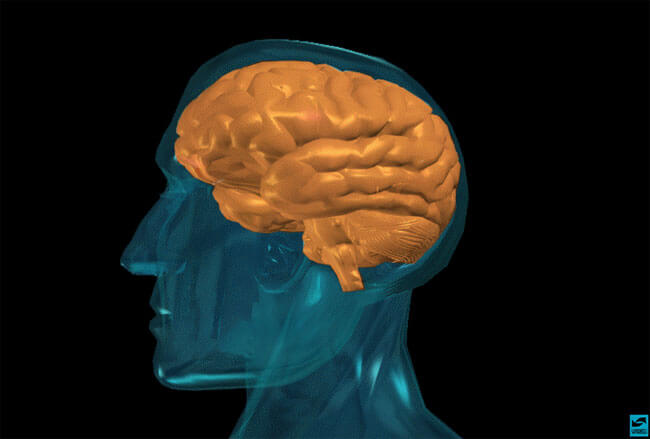Good News: Bigger Brains May Mean Lower Dementia Risk
A recent study by UC Davis researchers has revealed some promising news: people born after the 1930s appear to have larger brains than those born earlier.
This difference in brain size could be linked to a lower risk of dementia later in life.

The study, which involved analyzing brain scans of participants in the Framingham Heart Study, found that individuals born in the 1970s boasted an impressive 6.6% larger brain volume and a remarkable 15% larger surface area compared to their counterparts born in the 1930s.
Researchers attribute this growth spurt in brain size to a multitude of factors, including advancements in healthcare, education, and nutrition.
They theorize that these improvements may have contributed to a more stimulating environment for brain development throughout life.
The exciting implication of this study is the potential link between larger brain size and a reduced risk of dementia.
While further research is required to solidify this connection, the findings offer a glimmer of hope for the future of brain health.
This is an encouraging development, and researchers are eager to delve deeper into the reasons behind this observed increase in brain size.
By understanding the contributing factors, we can potentially develop strategies to promote optimal brain health throughout life, potentially reducing the risk of dementia for generations to come.








